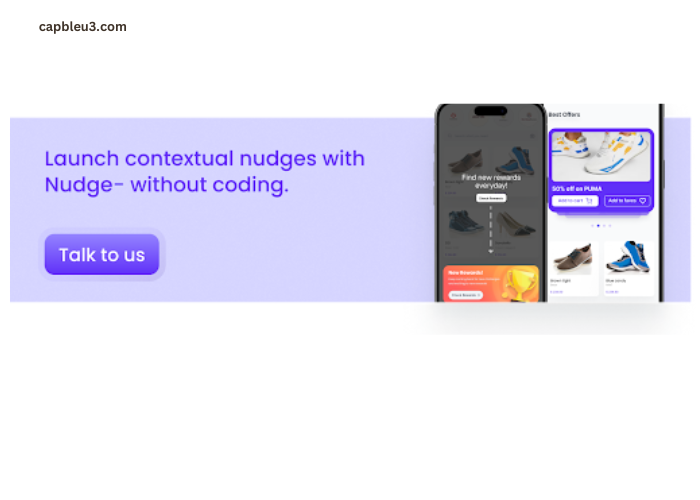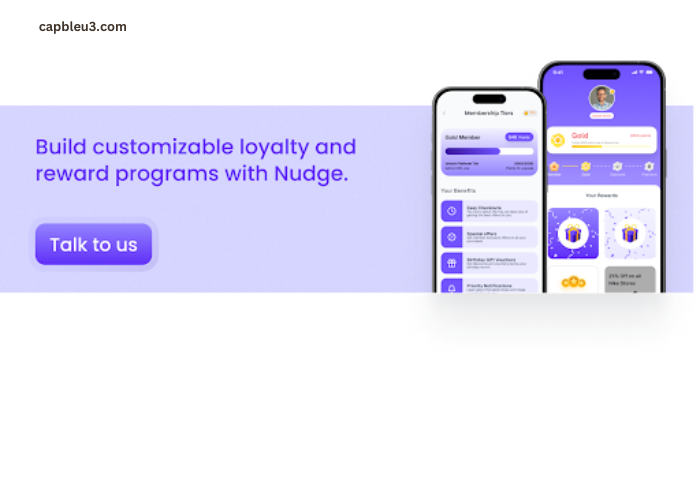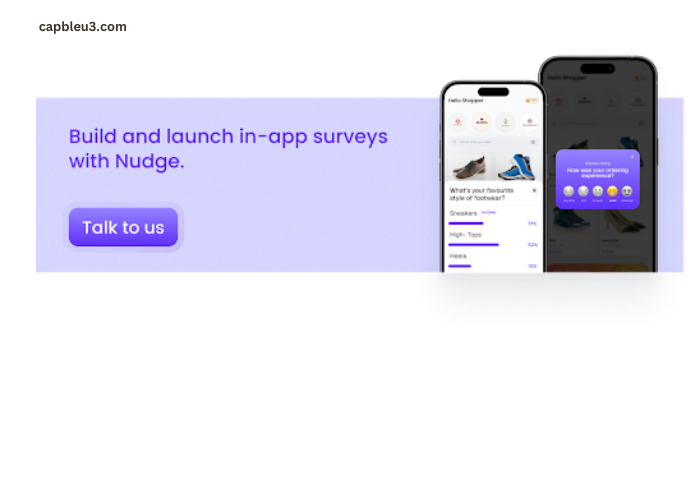
Mobile apps are now an integral part of the digital ecosystem, with billions of apps being downloaded each year across various platforms. However, while acquiring users is important, keeping them engaged with your app is where the real value lies. High engagement rates are a key indicator of an app’s success, and without it, your app risks becoming one of the many that users download and quickly forget about. In this article, we’ll explore why engagement is essential for mobile apps and 10 strategies you can use to boost it.
Why Engagement is Important for Mobile Apps?
Here are a few reasons why mobile app engagement is crucial:
User Retention: Engaged users are more likely to return to your app. If users aren’t engaged, they are less likely to open the app again or even remember it after a few days. Retention is one of the most important factors in growing an app.
Increased Lifetime Value (LTV): Engaged users are more likely to make purchases, upgrade to paid versions, or use in-app purchases. As engagement increases, so does the value each user brings to your app.
Better Reviews and Ratings: Engaged users are more likely to leave positive reviews and ratings on app stores, which can boost your app’s visibility and credibility. Positive reviews can be a powerful marketing tool, helping you attract new users.
Virality and Word-of-mouth: Engaged users are more likely to recommend your app to others. They are also more likely to share your app on social media or through word of mouth, increasing your app’s exposure to new audiences.
Data Insights: High engagement gives you more data about user behavior, which can help you improve your app. The more users interact with your app, the more you’ll learn about their preferences, pain points, and needs, which will inform future updates and features.
8 Strategies to Improve Mobile App Engagement
Now that we know why engagement is critical let’s dive into the top 10 strategies you can use to improve mobile app engagement.
-
In-App Messaging
In-app messaging lets you communicate with users while they’re actively using the app. It can be used to guide users, offer support, promote new features, or even provide special offers.
Best Practices:
- Use in-app messages to deliver personalized experiences based on user actions.
- Keep the tone friendly and helpful.
- Provide a clear call to action (CTA) to guide the user towards a desired outcome.
-
Gamification
Gamification is the process of integrating game-like elements into your app to encourage user engagement. It taps into users’ desire for rewards, challenges, and competition, making the experience more enjoyable and immersive.
Best Practices:
- Incorporate rewards, points, levels, or badges to create a sense of achievement.
- Create challenges or leaderboards to encourage friendly competition among users.
- Use progress bars or completion percentages to visually show users how close they are to achieving a goal.
-
Personalization
Personalization is one of the most powerful strategies for increasing mobile app engagement. When an app feels tailored to the individual user, they are more likely to interact with it. Personalization can be based on user preferences, behaviors, demographics, or location.
Best Practices:
- Recommend content, features, or products based on user history and preferences.
- Use the user’s name in messages to create a more personal experience.
- Personalize the UI/UX design based on user data (e.g., dark mode, preferred layout, etc.).
-
Onboarding Experience
The first impression matters, and a smooth, well-designed onboarding experience can make a significant difference in user engagement. Onboarding helps users understand how to use the app, what benefits it offers, and how it fits into their lives.
Best Practices:
- Keep the onboarding process simple and short—avoid overwhelming users with too much information.
- Include interactive tutorials or walkthroughs to guide users through key features.
- Use progress bars or indicators to show users how far they are in the process.
-
Loyalty Programs and Rewards
Rewarding your users for their loyalty is a great way to increase engagement. Loyalty programs offer users incentives, such as discounts, exclusive content, or bonus features, in exchange for their continued interaction with the app.
Best Practices:
- Offer rewards that are meaningful to your target audience.
- Make the rewards system simple to understand and easy to access.
- Provide regular opportunities for users to earn rewards to keep them motivated.

-
Social Sharing Features
Allowing users to share their experiences or achievements on social media platforms is a powerful way to increase engagement and attract new users. Social sharing also helps users feel more connected to your app, as they can share their progress, results, or favorite content with friends and followers.
Best Practices:
- Make social sharing options easy to use and accessible.
- Offer incentives for users who share content on social media (e.g., discounts, special offers).
- Encourage users to share achievements, milestones, or unique experiences within the app.
-
User Feedback and Surveys
Asking users for feedback is an effective way to improve engagement. Users who feel their opinions matter are more likely to stick with your app and engage with it regularly.
Best Practices:
- Include short, targeted surveys or feedback forms within the app.
- Use in-app surveys at strategic moments (e.g., after a user completes a task or achieves a milestone).
- Act on the feedback you receive to show users that their input is valued.

-
Regular Updates and New Features
Regularly updating your app with new features or improvements keeps users engaged and excited about what’s next. It shows that you are committed to providing value and that your app is continually evolving.
Best Practices:
- Announce new features through in-app messaging.
- Keep users informed about improvements or bug fixes.
- Regularly refresh the app’s design to keep it modern and visually appealing.
Conclusion
Mobile app engagement is essential for the long-term success of any app. By using these 8 strategies, you can significantly improve engagement and create a more loyal, satisfied user base. The key is to continually adapt and refine your approach, keeping the user experience at the forefront of your app development process. Book a demo with Nudge to implement the right engagement strategies for your app and efficiently increase user retention, higher LTV, and a stronger overall presence in a competitive market.